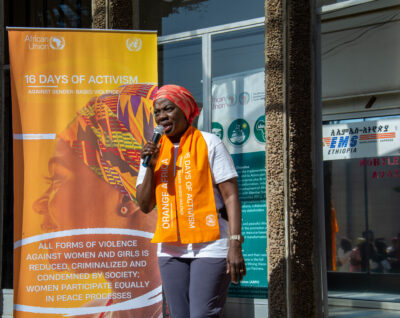In Time, David Van Biema analyzes the disjointed relationship between Pope Benedict XVI and the Jewish people:
But since Benedict’s election, his relations with Jews—although similar in broad outline to John Paul’s—have been plagued by mixed messages that have caused critics to wonder whether he has botched the opportunity to redress past shortcomings and strengthen the church’s ties to the Jewish people. Like John Paul, Benedict came of age in one of the Holocaust’s European slaughterhouses, and many expected that the Bavarian, like the Pole, could turn his somber history into a special authority for combatting anti-Semitism and pursuing the pro-Jewish reforms the church enacted at the Second Vatican Council in 1965. But he hasn’t done so. Instead, says David Gibson, the (Catholic) author of The Rule of Benedict: Pope Benedict XVI and His Battle with the Modern World, “here’s a Pope who grew up under the Nazis, who witnessed this whole thing, a man with such an acute and vivid sense of language and experiences—and yet for whom one of the great dramas of the 20th century is somehow invisible in what he communicates.”
[…]Rabbi James Rudin, senior interreligious adviser for the American Jewish Committee, notes that while “flash points happened with John Paul II as well, you always knew the Pope was committed to solving them. With Benedict, there’s a sense of concerned bewilderment.” Even after Benedict returns to the Vatican from the Holy Land, it’s likely that he will still have to address skepticism about whether he shares John Paul’s commitment to strengthening ties between Catholicism and Judaism—or whether he is willing to let his papacy be a tepid transition into a period of interfaith neglect.
Read the full article here.













